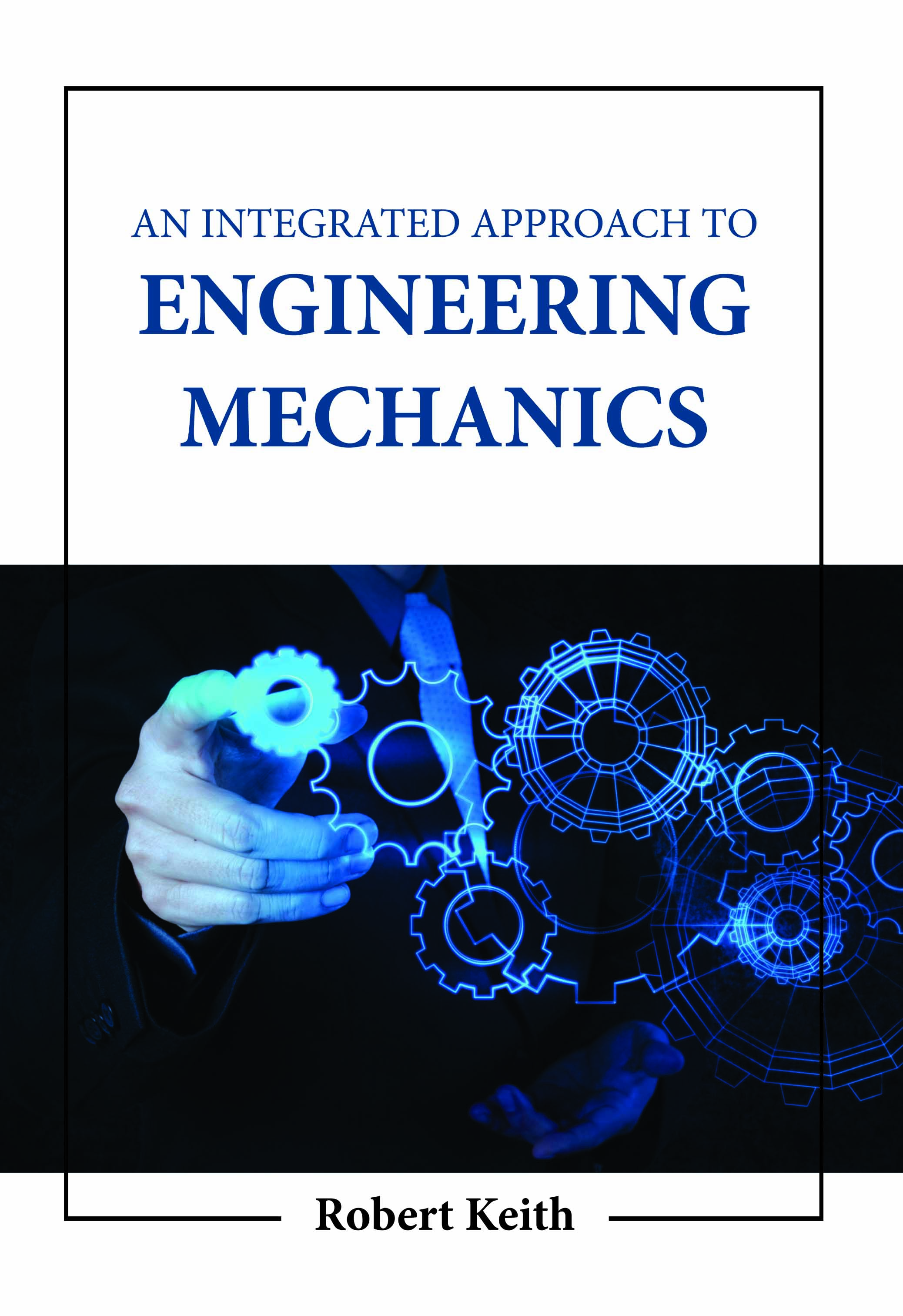
An Integrated Approach to Engineering Mechanics
by Robert Keith
| ISBN | 9781806246250 |
|---|---|
| Publisher | Digital Drive Learning |
| Copyright Year | 2026 |
| Price | $266.00 |

by Robert Keith
| ISBN | 9781806246250 |
|---|---|
| Publisher | Digital Drive Learning |
| Copyright Year | 2026 |
| Price | $266.00 |
Science's field of mechanics is concerned as to how physical objects behave when subjected to forces or displacements and how those objects' actions affect their surroundings. The writings of Aristotle and Archimedes, as well as other Greek authors, are where the scientific discipline first emerged. Scientists like Galileo, Kepler, and particularly Newton set the groundwork for what is now referred to as classical mechanics during the early modern era. It is a field of classical physics that deals with particles either at rest or traveling at speeds that are considerably slower than the speed of light. It can alternatively be explained as a field of study that studies how objects move and are affected by forces. Chemical engineers must be knowledgeable in fluid mechanics because most chemical processing processes are carried out either entirely or partially in the fluid phase. Examples of these processes exist in the biological, chemical, energy, fermentation, materials, mining, petroleum, pharmaceuticals, polymer, and waste-processing industries. Simple definitions of thermodynamic equilibrium are involved with the zeroth law of thermodynamics. Unlike the small-scale definition connected to the kinetic energy of the molecules, thermodynamic equilibrium results in the large-scale definition of temperature. The first law of thermodynamics ties the different types of kinetic and potential energy in a system to the amount of work a system can do and the heat transmission. Written primarily for those students who want a solid foundation in the topic to engage in their engineering course effectively, this book offers an essential practical introduction to engineering mechanics.